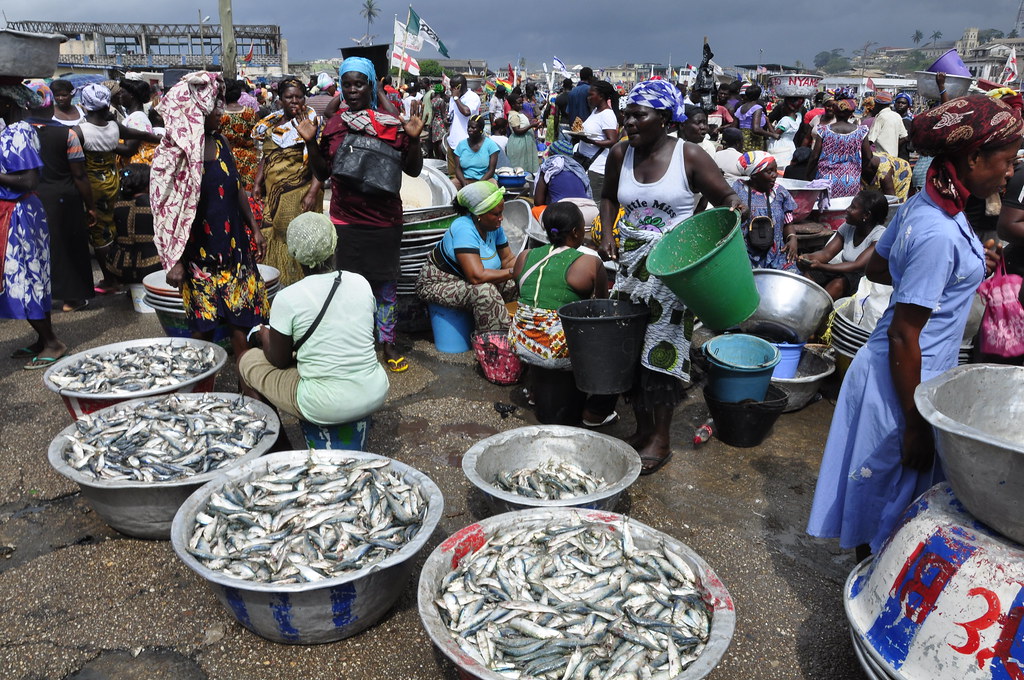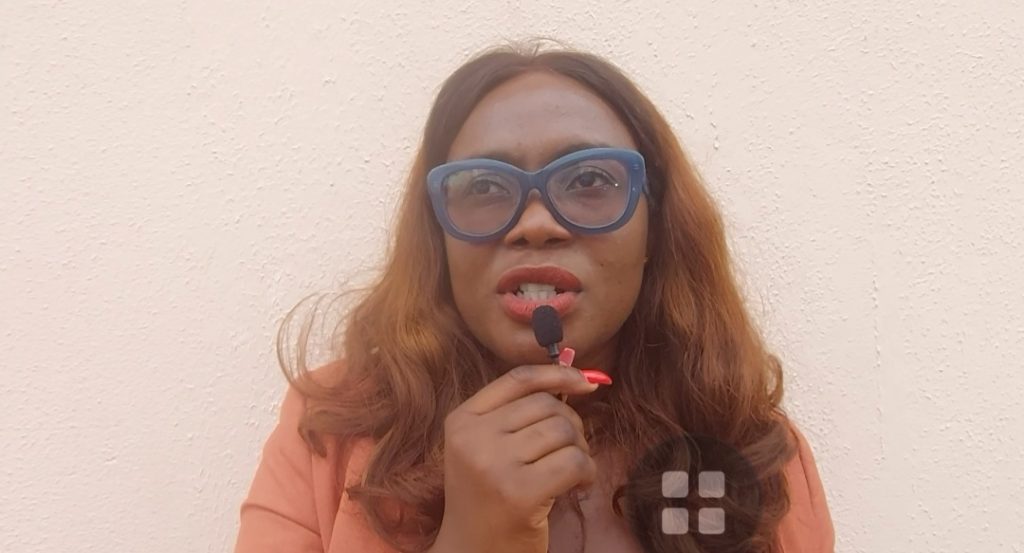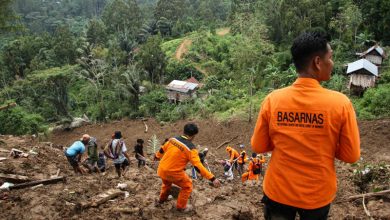Sex for Fish a Major Cause of Violence against Women- Research

A research on gender analysis on gender base violence in fishing communities in Western and Central Regions has revealed that ‘Sex for Fish’ is one of the major causes of violence against women in fishing communities.
The communities which partook in the research within the Western Region included Asanda, Ekwei and Akwidaa.
The fish for sex happens at a point where some women trade sexual intercourse to get fish to sell while on the other Fishermen equally insist on sex to give fish to the fisherfolks to sell.
The research aims at uncovering the gender base violence dynamics, drivers, effects, and prevalence within the project’s targeted communities.
The trend is considered as a trend that effect both women and children in their quest towards survival in fishing communities.

Speaking on some of the causes of voilence in the targeted fishing communities, Research Consultant Dr Amanda Odoi, state that some of the Fishermen sometimes carry their anger and frustrations from the work place to their homes due to poor working conditions. This level of unfairness affect them to the a point that it influences voilence tendencies among them.
She added that most of the fishermen have no alternative source of income and due to the seasonal nature of the job coupled with close season, their finances and ability to take care of their homes is affected. This situation influences children to even trade sex for fish for survival
Also, breach of agreement is a challenge, a situation where a woman request specific quantity of fishes and upon failure to honour the promise is faced with physical abuse.
Explaining as to whether ‘‘Sex For Fish’’ could be consensual, she explained that ‘‘consensual sex could not be applied in this context since one is using what he has to take undue advantage of the other and in gender studies it is considered as abuse’’
Dr. Adoi finally suggested that NGOs and other social protection agencies must be empowered in those communities to ensure that more research are done in this area of studies and access to justice agencies must be brought closer to these communities for easy accessibility
‘‘Social protections agencies like CHRAJ, DUVFSU and Social Welfare must have agents in the various communities to make their services accessible since people will have to come into the district capital and big towns to access some of these services. Government will also have to support and empower individual and NGOs who provide services of this nature to communities’’.
The Women in Fisheries Against Violence(WiFVs) is a project which implemented by Hen Mpoano, CEWEFIA as and supported by the European Union.
The 3-year project(2022-2025) is aimed at achieving gender equality in Ghana’s marine fisheries sector by advocating against gender-base violence, abuse and discrimination.
The project also aims at empowering the fisherfolks and their leaders to be able to fight against the menace while providing support to law enforcement agencies while improving access to social service and livelihood opportunities to women at risk and surviving victims.
.





